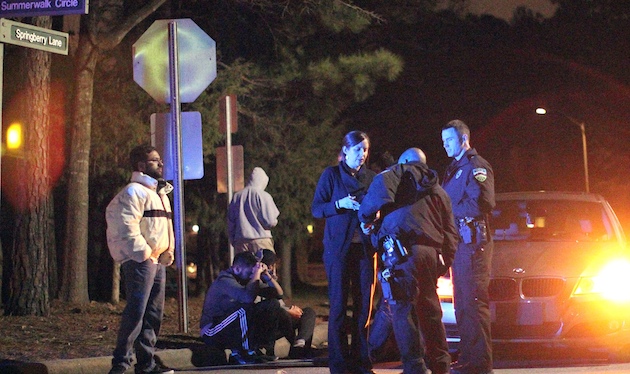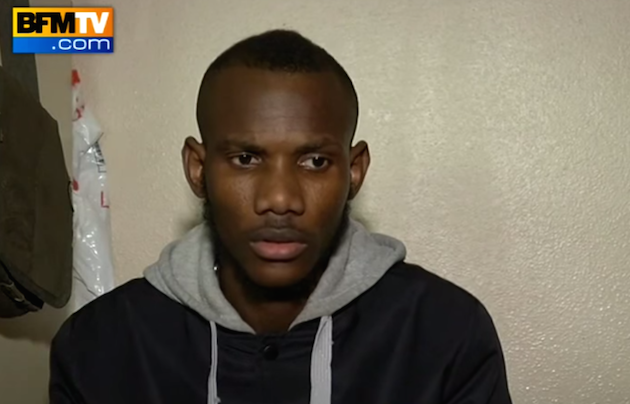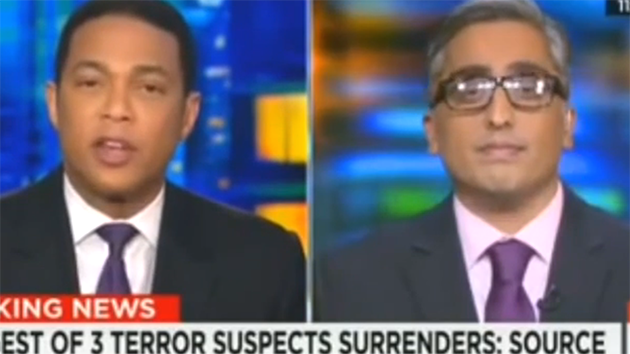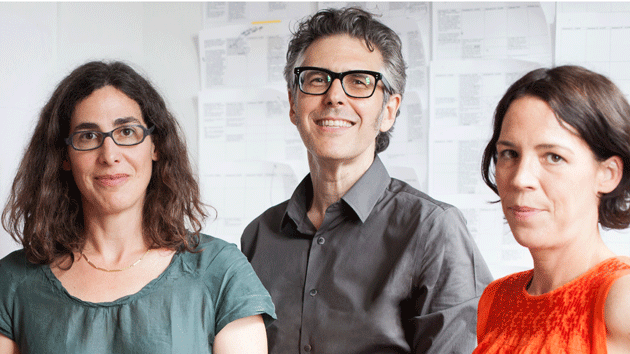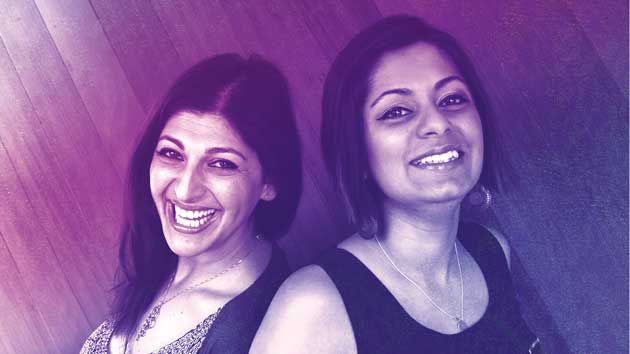
#GoodMuslimBadMuslim cohosts Zahra Noorbakhsh and Taz Ahmed. Sabiha Basrai
Zahra Noorbakhsh was 12 and attending Farsi school in California when a teacher told her that if she didn’t start wearing the hijab, her mother might burn in hell. So she tried it. But a trip to Blockbuster proved mortifying: “Everyone was staring at me and I just kept speaking in English really loudly—’Hey, Dad, I want to get Monster Truck Bloopers!’—so I didn’t sound like a huge foreign freak.”
That’s one of the tales she revisits with cohost Tanzila “Taz” Ahmed in their new podcast, #GoodMuslimBadMuslim. Comedian Noorbakhsh befriended Ahmed, an activist and writer, on a road trip promoting Love, InshAllah, an anthology about the secret love lives of Muslim American women. They began teasing each other about which one was “the bad Muslim,” took their discussions of cultural mores to Twitter, and later began recording them.
The resulting monthly podcast is a fun, sassy exchange, part Wayne’s World, part Chicken Soup for the Teenage Soul. You might catch the ladies issuing a fatwa against bacon, inventing cheesy Muslim pickup lines (“You’ve hijacked my heart”), and sharing tips on how to survive your “conservative, gun-toting, libertarian” in-laws. But jokes aside, they address the uniquely confusing contradictions of how Muslim American women are expected to behave. Noorbakhsh prays but drinks and eats pork, and admits to having had sex before her marriage—to an atheist. Ahmed won’t touch booze or pork, but she seldom prays, and recalls her parents berating her for wanting to dye her hair pink and go to punk shows.
Just four episodes in, the podcast is earning press attention (NBC News called it “side-splitting”) and praise from listeners looking for fresh voices. “For women from these backgrounds to be talking openly about private subjects is a big deal,” notes the Iranian-born comedian Maz Jobrani, who once had Noorbakhsh on stage as a guest performer. (“I totally bombed,” she recalls.)
The timing is apt, too, as horrors committed in the name of Islam fuel new resentments. Noorbakhsh, a self-declared “loudmouth,” points out that unabashed conversations are key to busting stereotypes. With her comedy act and now the podcast, “everybody was like, ‘Oh, you’re going to get death threats.’ No, actually just a lot of essays and wiki links from atheists telling me I’m confused. And celebratory email! So I’m doing a lot of reading, not a lot of dying.”
